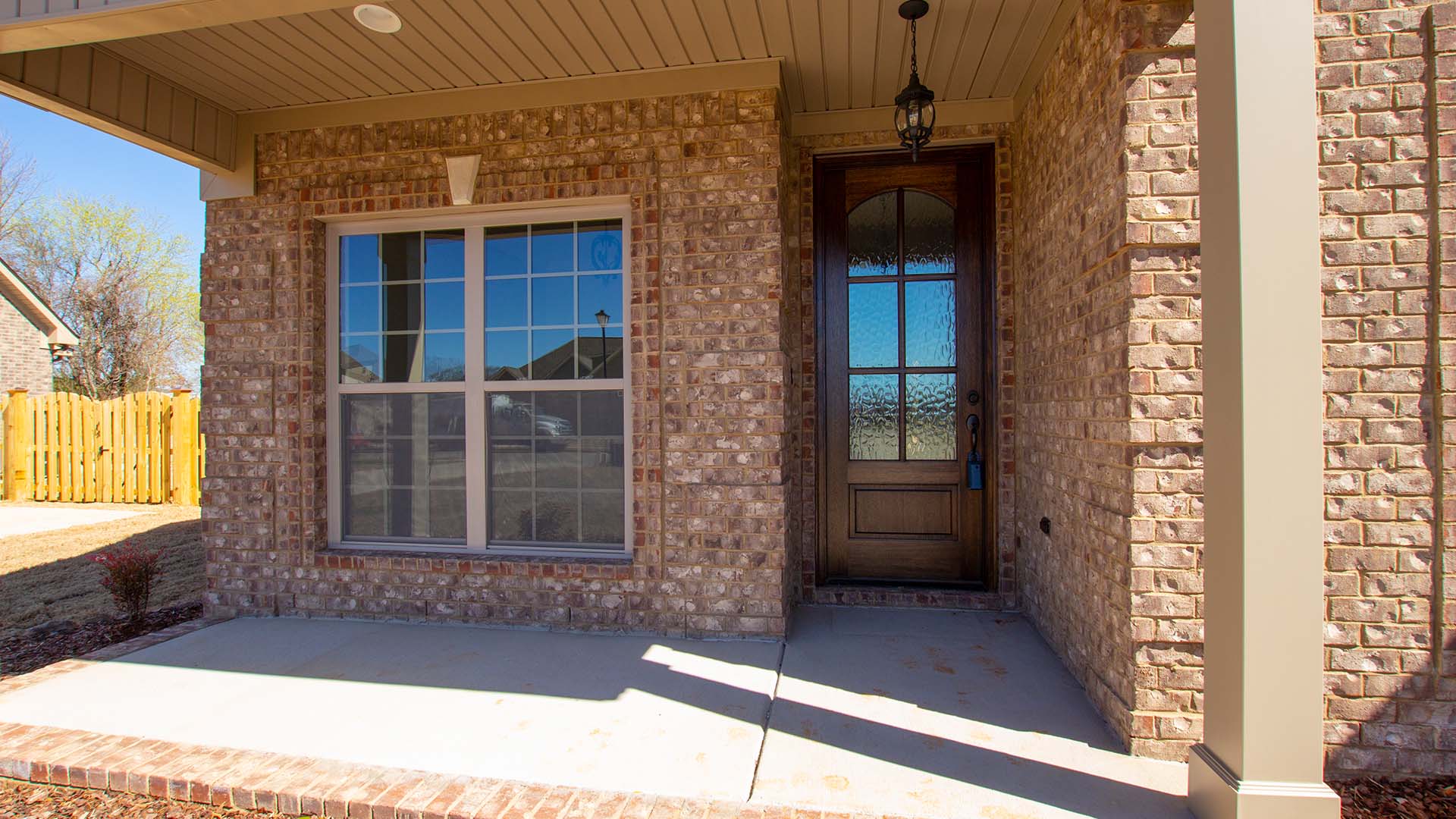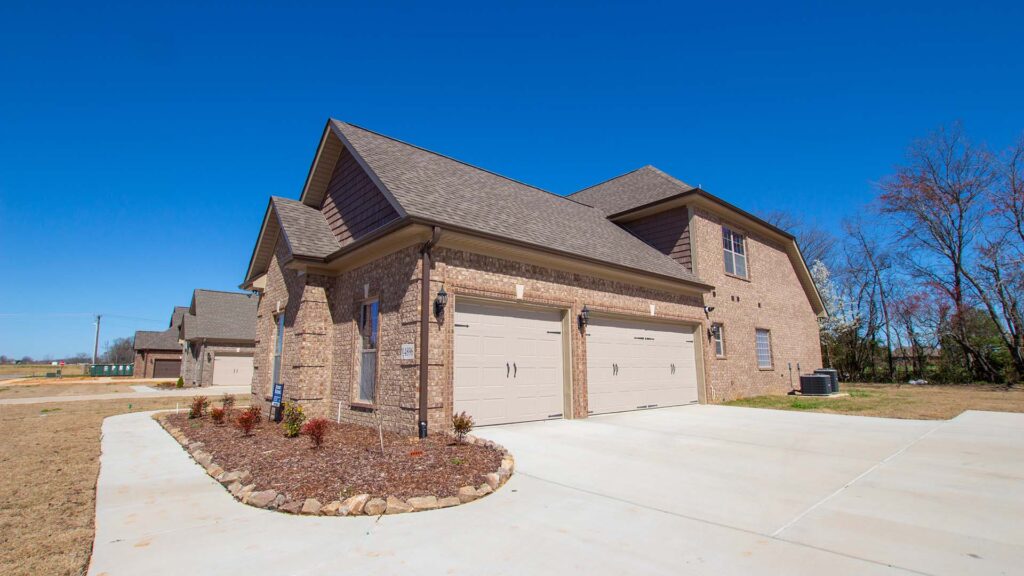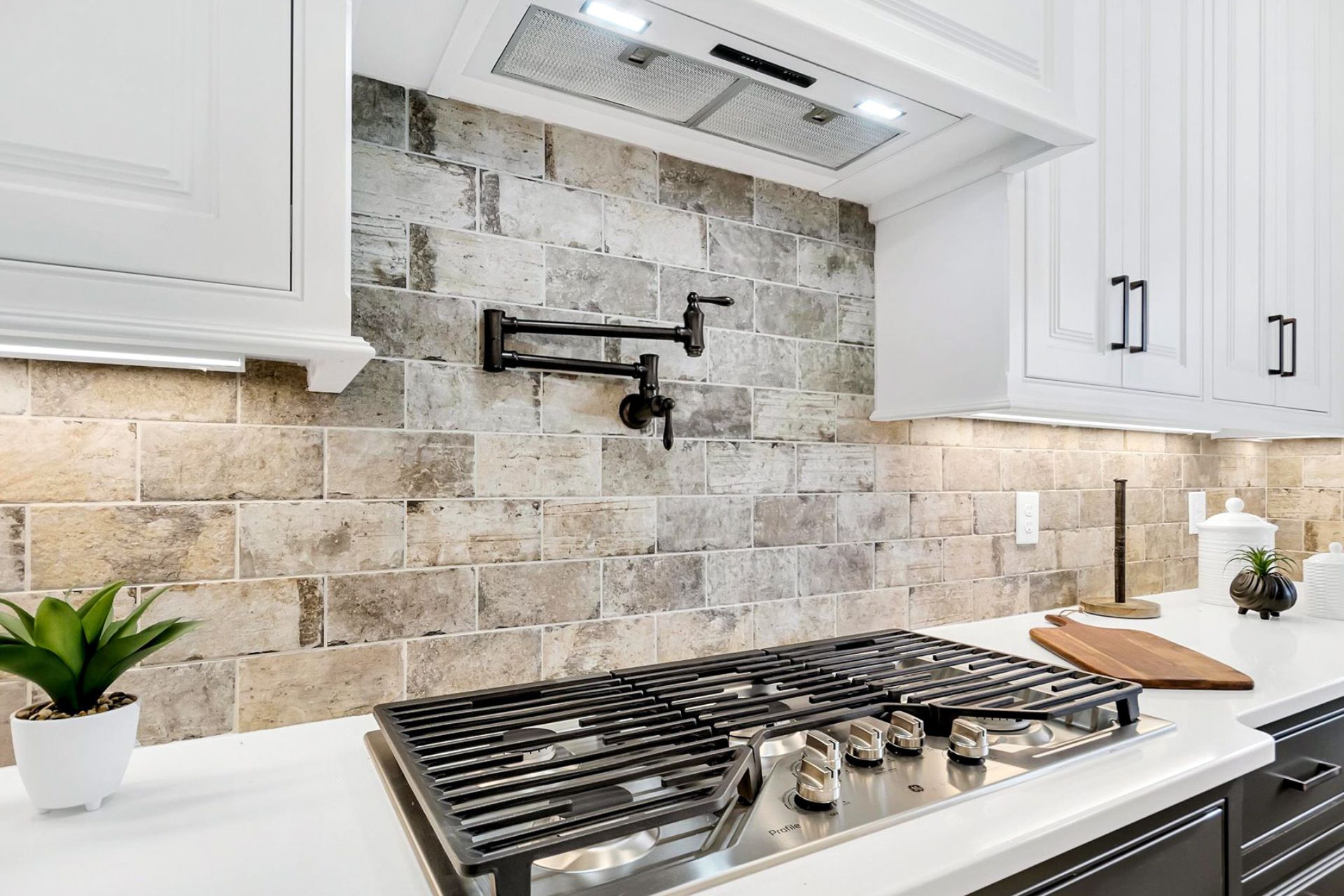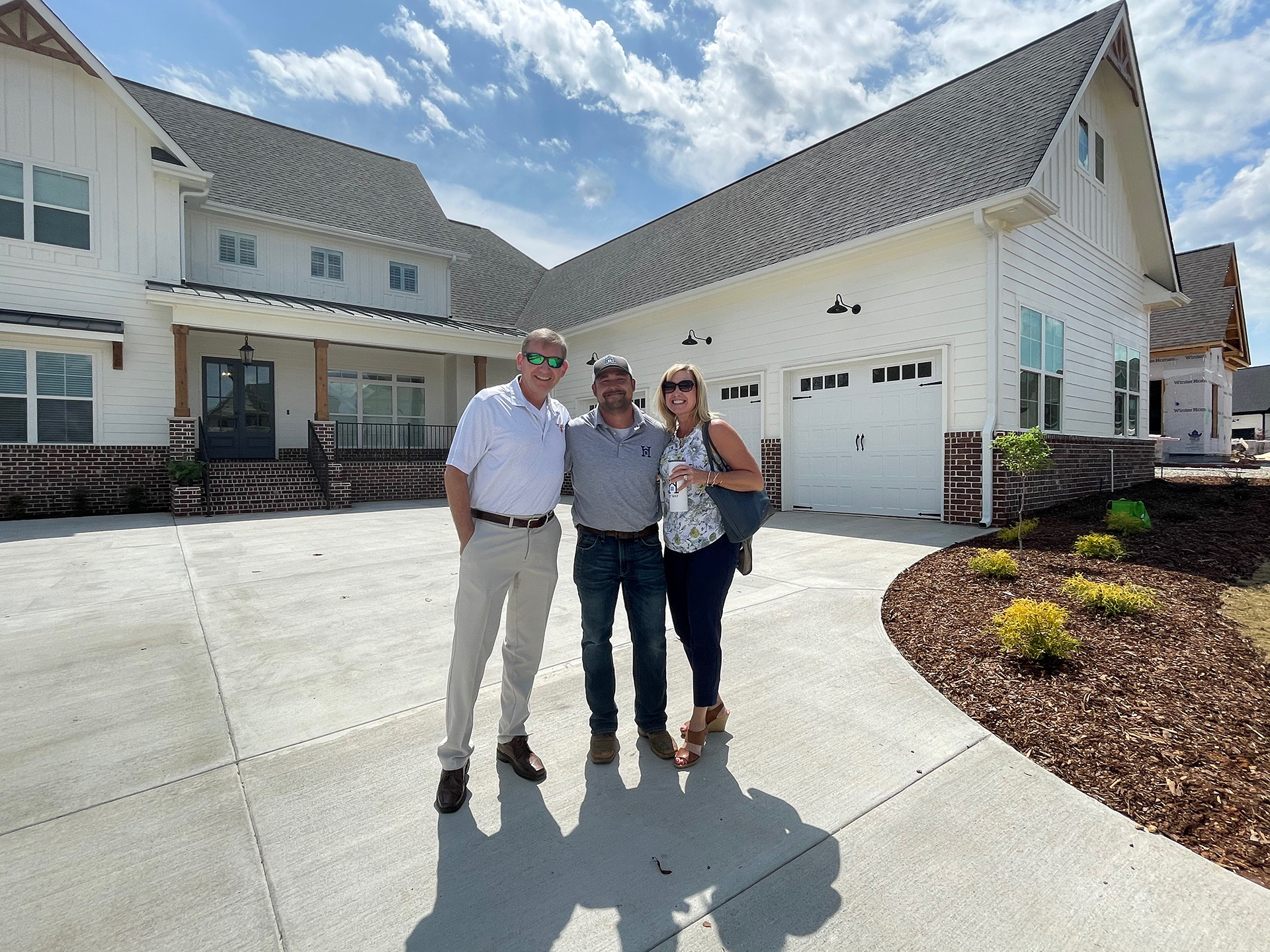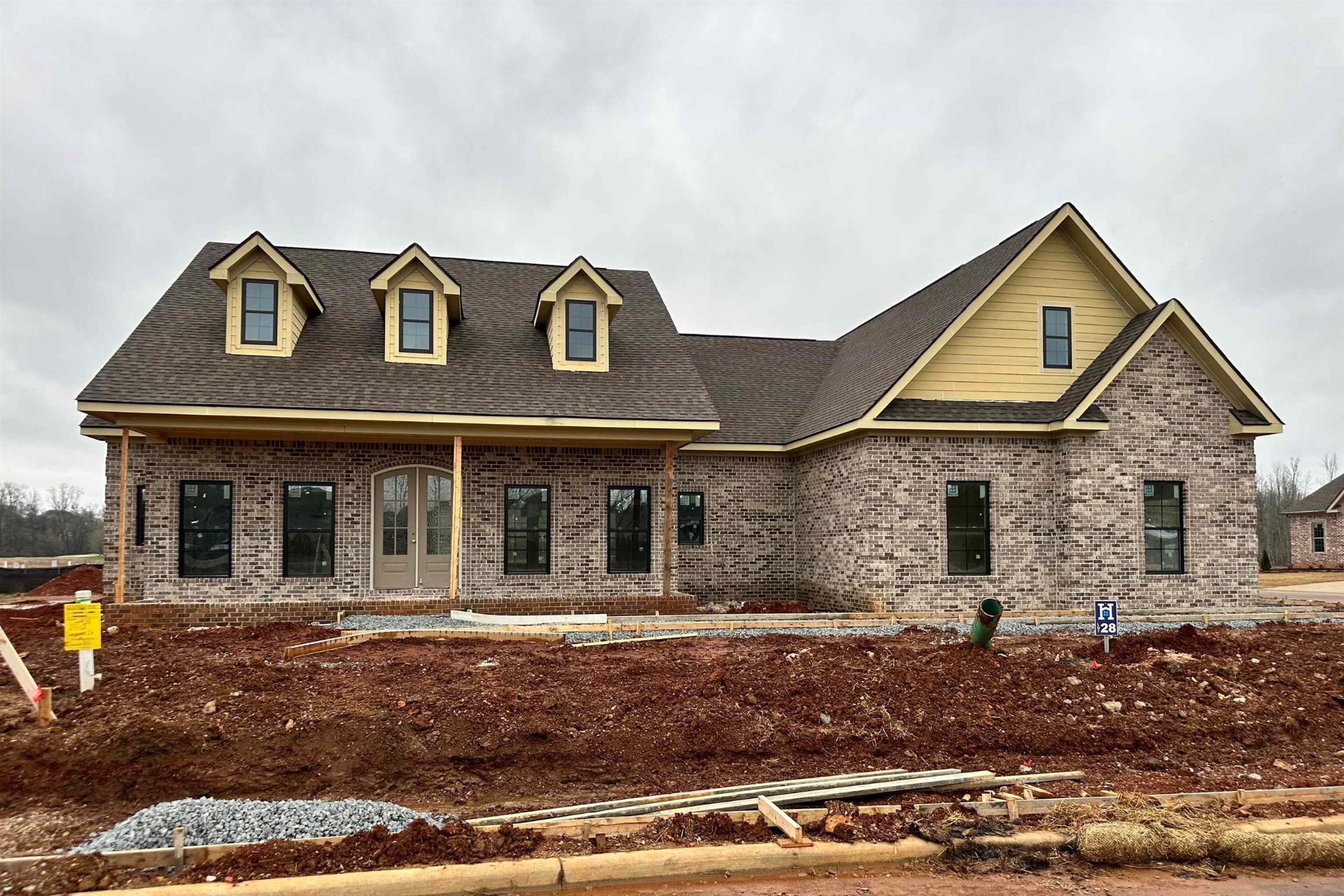Buying your first home can be an exciting but daunting experience. While many factors go into buying your first property, the more informed you are, the smoother this process can be.
Here are a few things you need to know before taking the leap and purchasing your first home!
Know Your Creditworthiness
Before buying property – especially before applying for mortgages – it’s important to have your credit report in order and assess how much money you can put down towards your home. Checking your credit report for accuracy will allow you to address any mistakes before applying for a mortgage, which can seriously affect your ability to get financing. You can use one of many websites that offer free reports or visit major credit reporting agencies, like Equifax, TransUnion, and Experian.
Make an effort to pay off any outstanding debts before trying to buy a home. If you have a spouse, they also need to check their credit score before applying for a mortgage together. If your credit rating comes back low, some steps can be taken to get back into good standing with the bank before attempting to buy property. For instance, now is not the time to close any credit cards and make late payments!
Pre Approval Letter From a Lender
This will show prospective sellers that you are financially capable of buying a home and can help to solidify other aspects of your offer later on. Look for lenders who specialize in the specific type of property you’re looking to buy.
Explore Mortgage Options
There are various mortgages and down payments to explore. Conventional mortgages are the most common for first-time buyers, sometimes requiring as little as 3% down.
FHA loans are an option to explore if you have a lower credit score, as these are easier to qualify for. With FHA loans, you will likely pay higher down payments than you would with a conventional loan.
Choose Your Real Estate Agent
Look for someone who has experience in the market and the type of property you’re interested in buying. Find a realtor that understands your needs before signing any contracts, and be sure to ask questions. If they’re not helpful in their answers, that’s probably a sign to keep looking! The right realtor will guide you through the process.
Find Homes and Tour Them
Once you’ve contacted a potential lender and found a good real estate agent, begin researching properties. Start by looking at homes for sale on the MLS (multiple listing system). This is an online database of properties for sale in your area that can be sorted by price, size, or location.
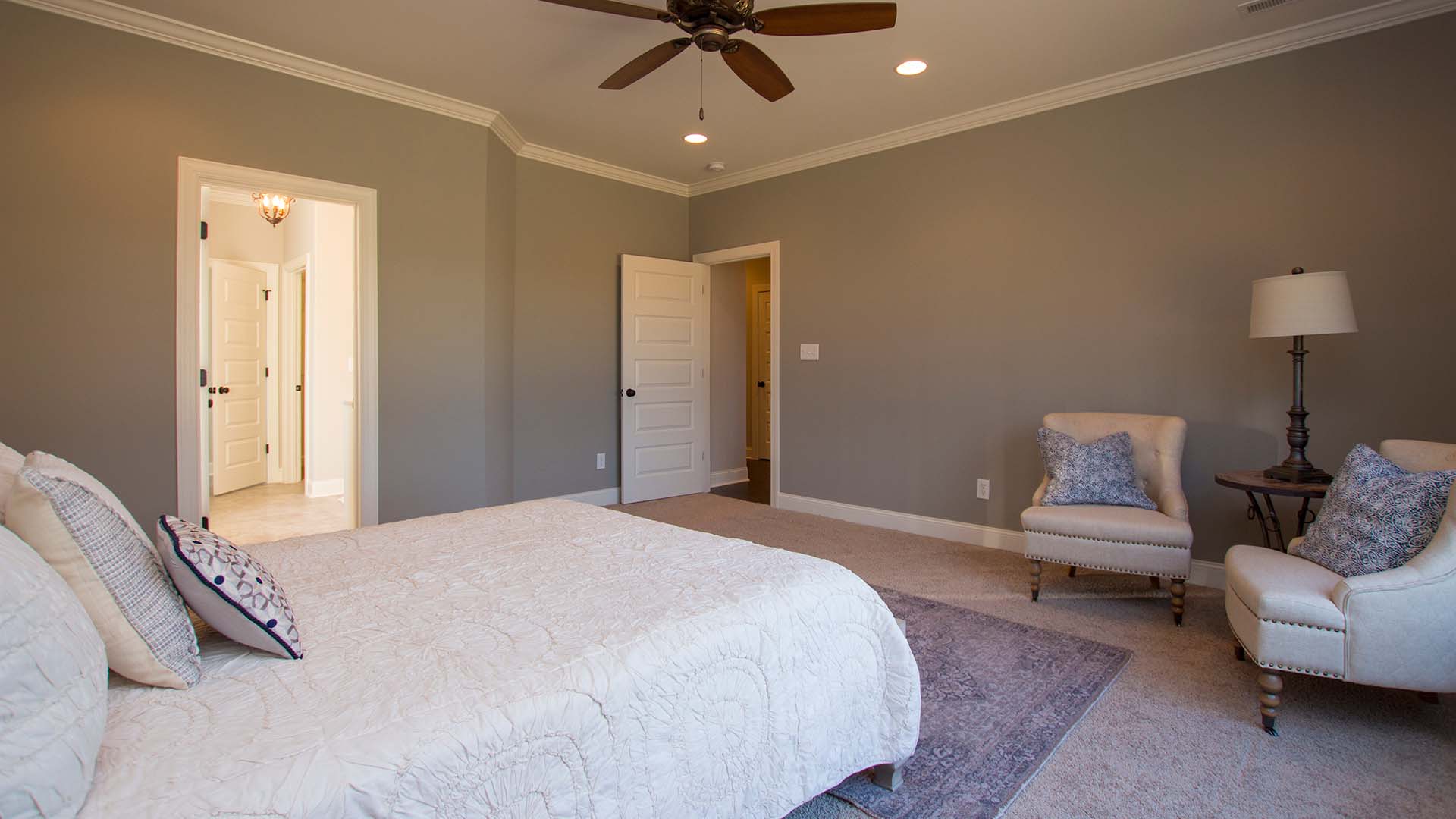
You can also use sites like Zillow or Trulia to research which homes and neighborhoods meet your preferences and requirements. These websites also list open houses and other events where you can look at potential properties ahead of time. This will allow you to really get a sense of the market before you start getting excited about any one property.
Once you’ve found a few houses that interest you, it’s time to have your agent accompany you on a tour! This is the most important part of deciding if this home is right for you.
Most sellers will let buyers walk through the home before placing an offer, so make sure to use this time – along with open houses – wisely. This is your best chance to look for issues like leaks or damage.
Before you go inside, you should also scope out the neighborhood surrounding the house. How close are stores and restaurants? Is there any public transportation near the property? Take note of any possible problems resulting from this property’s location.
If you’ve found the perfect place, congratulations! Now onto the next part: paying for it.
Save Your Money
These are some of the main costs to consider when saving for your first home:
Down payment: Buying a house isn’t cheap. In fact, it can often take years to save up enough money for a down payment. However, there are many misconceptions about how much you need for this part of the payment.
Note that your down payment will depend on your mortgage type and lender. Once you determine the percentage you’ll be putting down, use a down payment calculator to set a goal and start saving.
Additionally, talk to an expert about government programs like FHA loans where 0% down payment options may apply – these can be great ways to get you on the property ladder without having to pay $20,000+ for a down payment.
Closing costs: Closing costs are fees associated with purchasing homes and can range anywhere from 1-5% of your mortgage (loan) amount. Remember, you can ask the seller to pay a portion of this, allowing you to save on certain expenses such as a home inspection.
Move-in expenses: In addition to cutting back on closing costs, you’ll want to set aside some money for any essentials you might want to purchase with your down payment, including furniture and immediate home repairs.
Buying a house is an exciting and challenging process, and it’s important to stay proactive and not be afraid to ask questions. There are so many ways that buying your first home could go wrong or smoothly – but as long as you explore your choices before making them, there’s no reason why it shouldn’t be the latter.
